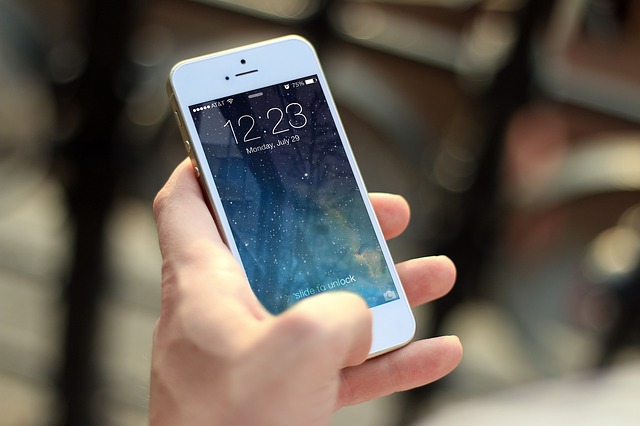
Are you an ardent Apple smartphone lover? Do you know in what way does an iOS phone differ from Android? Well, for an iPhone lover this question will bring in many reasons which he might present to you, no matter whether they are valid or not. However, one question which we have seen repeatedly arising is about the GPS navigation system of an iPhone and if it is better than the Android ones?
Well, that is what we are going to explain in the rest of the article.
1. Compared to Standalone GPS it Has A-GPS
GPS operates on a single receiver frequency using which it determines your position. However, the A-GPS of iPhone monitors radio frequency, cellular data network and determines your precise location continuously. Also, whenever your battery is low, the GPS power is brought down by certain levels, but the precision isn’t compromised. On a side note, if you are looking to buy accessories for your iPad then you should definitely check out iThingum.
2. Data Connection Is a Necessity
A-GPS or the GPS of Apple does require data connectivity so that it can search and load the map of that region. Standalone GPS (used by Android), on the other hand, does have the mechanism of storing map-data of the entire region or country on a single device which therefore gives it an advantage over the Apple GPS.
3. A-GPS Will Not Guide You Along the Roads
While using A-GPS you will find that it doesn’t quite comfortably guide you through the turns as does an Android device. Why? That’s because Apple heavily relies on Google’s Map module which forbids it to provide the ‘turn by turn’ navigation and hence Apple can only show you the map of the region and not guide you along lanes. With Android Google doesn’t forbid the GPS system and hence they are able to comfortably move you through every lane present in the region.
It Doesn’t Mean That A-GPS Is Bad
While you go over the above 3 points, you may feel that the GPS offered by Android is superior. However, that is not true. A-GPS does have an advantage in terms of positioning and power saving as compared to a standalone device provided it approximates your location in many instances.
This means that iPhone GPS is able to better position you than a standalone GPS when it has the necessary Internet connectivity. Also, in cases where you do not require accurate map services, it simply lowers the GPS power and approximates the location through Cell signals thereby saving in battery life.
Therefore, it is very difficult to choose between a standalone GPS system and an A-GPS provided one has cloud technology as its strength, while the other has a non-dependence on radio tech as its forte. Therefore, as any other technology in the world, the GPS system of an iPhone also has its own advantages and disadvantages, thinking one tech to be better than the other wouldn’t do justice to any of them.